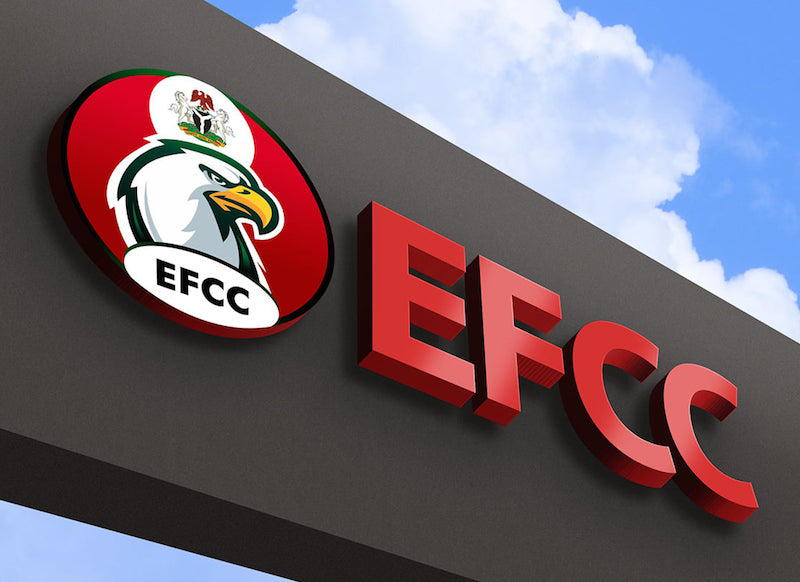The complacency of state and local governments towards the fight against corruption and economic crimes has given space for impunity in the two lower tiers of government. The Independent Corrupt Practices and Other Related Offences Commission (ICPC), set up to tackle official corruption, the Economic and Financial Crimes Commission (EFCC), established to deal with economic crimes, and the Code of Conduct Bureau (CCB), meant to check abuse of office by public servants, are overwhelmed. They cannot effectively investigate and prosecute corruption in all the 36 states, the Federal Capital Territory (FCT) and 774 local government areas in Nigeria. On account of this shortfall, monumental frauds at those levels of government remain unchecked.
The spotlight on corruption at the sub-national level became necessary as the world marked the International Anti-Corruption Day on December 9, 2024. Celebrated every year since 2003, the United Nations (UN) General Assembly earmarked the day to raise awareness about the negative effects of corruption and promote international efforts to combat it. On that day every year, the UN encourages the rallying of governments, civil society and international partners to engage in meaningful actions and reforms to prevent and combat corruption.
In Nigeria, several Civil Society Organisations marked the day with diverse activities that called for an end to endemic corruption, contract fraud, petty bribery, money laundering, embezzlement, payments to ghost workers that cost states billions of naira or even dollars annually.
As a way of domesticating the anti-graft measures at the federal level, two states have taken the lead in the establishment of state anti-corruption bodies.
In 2009, the Kano State Government, for instance, set up the Kano State Public Complaints and Anti-corruption Commission. Apparently taking a cue from the impact of the agency’s activities in Kano, the Lagos State Government, in 2021, established the Lagos State Public Complaint and Anti-Corruption Commission.
Several other state governments are in the process of replicating what Kano and Lagos have done in this regard. Like the national anti-graft bodies, the commissions at the state level have the power to prosecute and investigate and/or coordinate the investigation of corruption and financial crimes involving the finances and assets of the states. They do this through their own initiatives if they suspect illegal acts going on in any agency, or they follow up on complaints lodged before them by any person on any administrative action taken by any state-owned institution or their staff members.
Considering the ubiquity of corruption at the state level, it has become imperative for state governments to set up anti-corruption bodies. At the ICPC and EFCC, cases of corruption against state governors and their cronies are overwhelming. Most of the high-profile cases being investigated and prosecuted by the two leading anti-corruption bodies involve state governors and senior public servants in several states. As if it were a routine, almost every state governor whose immunity from prosecution expired, has been invited by the EFCC to answer questions bordering on corruption, money laundering and abuse of office, an indication that corruption must have been rife in our states.
Most cases of corruption are linked to procurement for government projects. They are evident in inflation of cost of contracts, abandoned contracts, conflict of interest in award of contracts, duplication of contracts, outright embezzlement of funds from the treasury, and even drawing salaries from the treasury in the name of ghost workers. Unfortunately, at the sub-national levels, there is hardly any deterrence from those acts that inhibit the provision of social services to the people.
Going by the provisions of the 1999 Constitution of the Federal Republic of Nigeria, the State Houses of Assembly are vested with the powers to investigate suspected corrupt practices. Section 128 (2b) of the constitution states expressly that State Houses of Assembly have the power to investigate the Executive in order to “expose corruption, inefficiency of waste in the execution or administration of laws within its legislative competence and in the disbursement or administration of funds appropriated by it.” But in most states, this has been observed in the breach as state legislators rarely take steps that are perceived to hurt the interest of state governors.
From their lack of political courage to deal with the evil, it has become apparent that our lawmakers at the state level cannot tackle the industrial corruption at sub-national governments. There is, therefore, the need to outsource the existential battle to a body dedicated to anti-corruption efforts.
We call on states to domesticate the National Anti-Corruption Strategy (NACS), tweaking them to conform with their own peculiarities. The body, apart from investigating and prosecuting the corrupt, should engage in preventive measures through awareness campaigns. They should also collaborate with national anti-corruption bodies to investigate and provide witnesses to prosecute corruption in such states.
We call on the federal government, the National Assembly and the Nigerian Governors Forum to make it mandatory for states to set up state anti-graft agencies. It may be necessary to amend the 1999 Constitution to make it a constitutional requirement for state governments to set up independent and well-funded anti-graft bodies. It requires political will.
Our politicians must look beyond selfish interests in order to take this necessary step to reduce the spate of corruption in Nigeria.

 Join Daily Trust WhatsApp Community For Quick Access To News and Happenings Around You.
Join Daily Trust WhatsApp Community For Quick Access To News and Happenings Around You.


